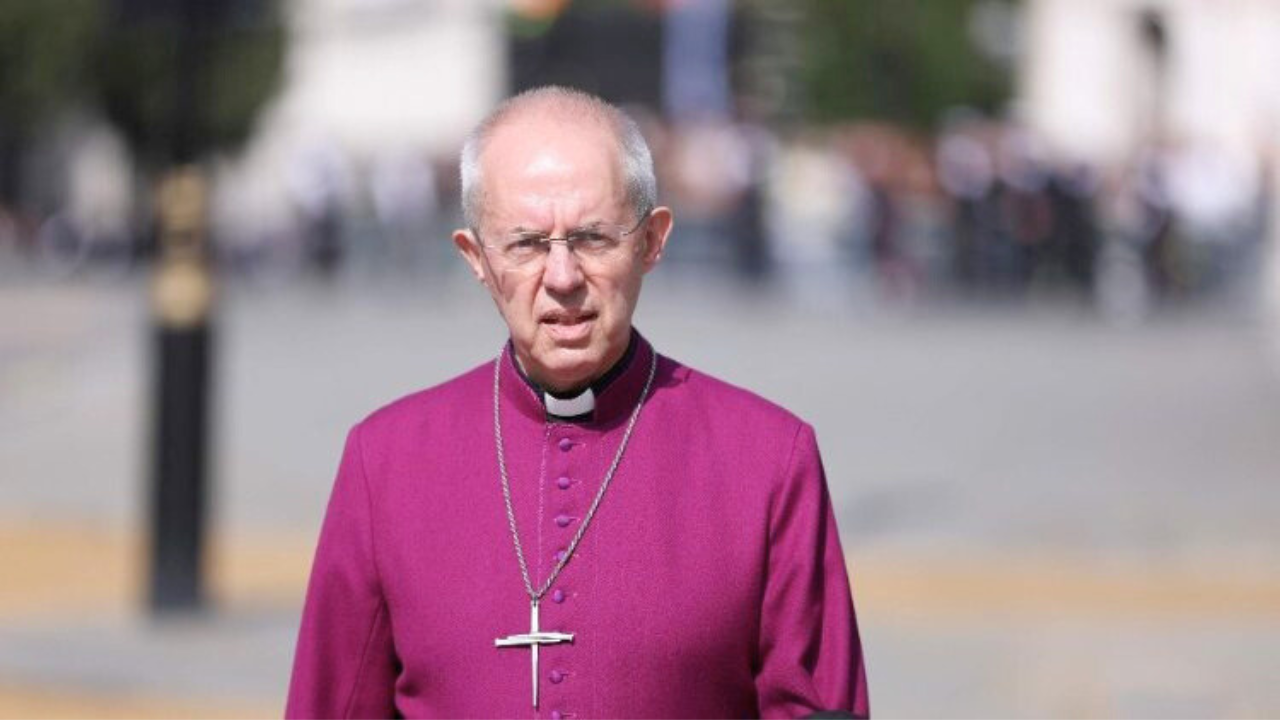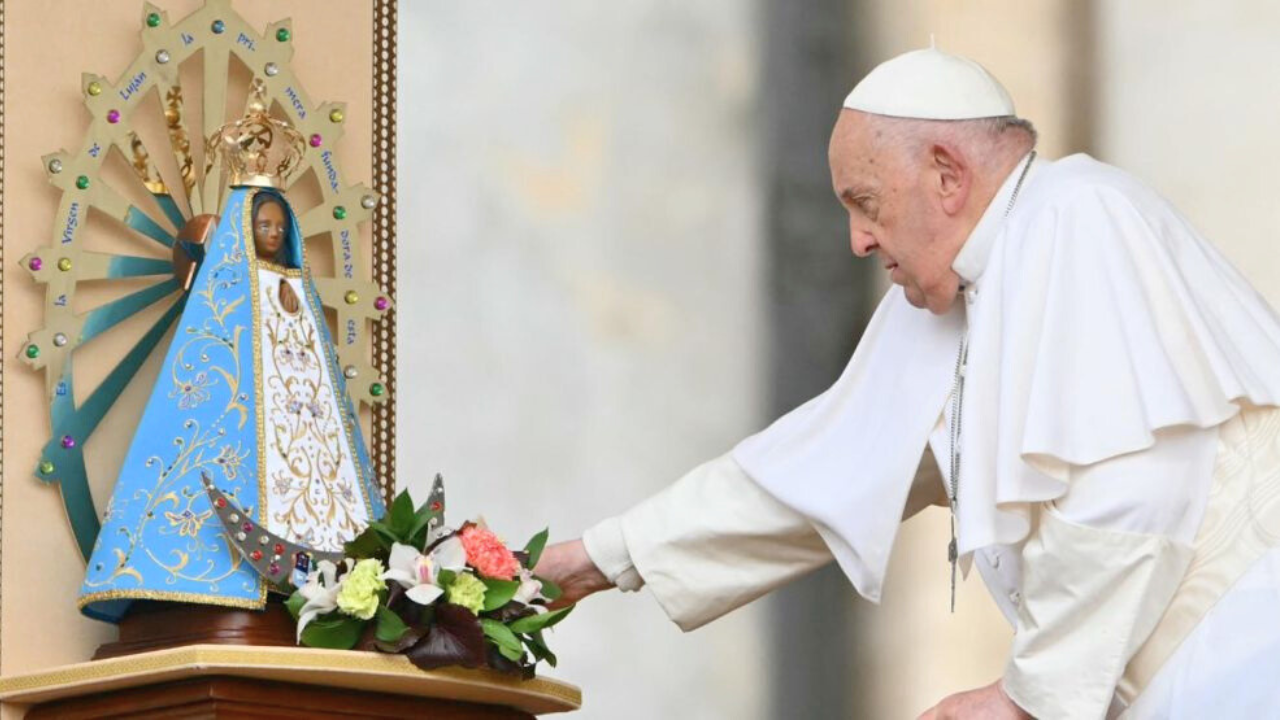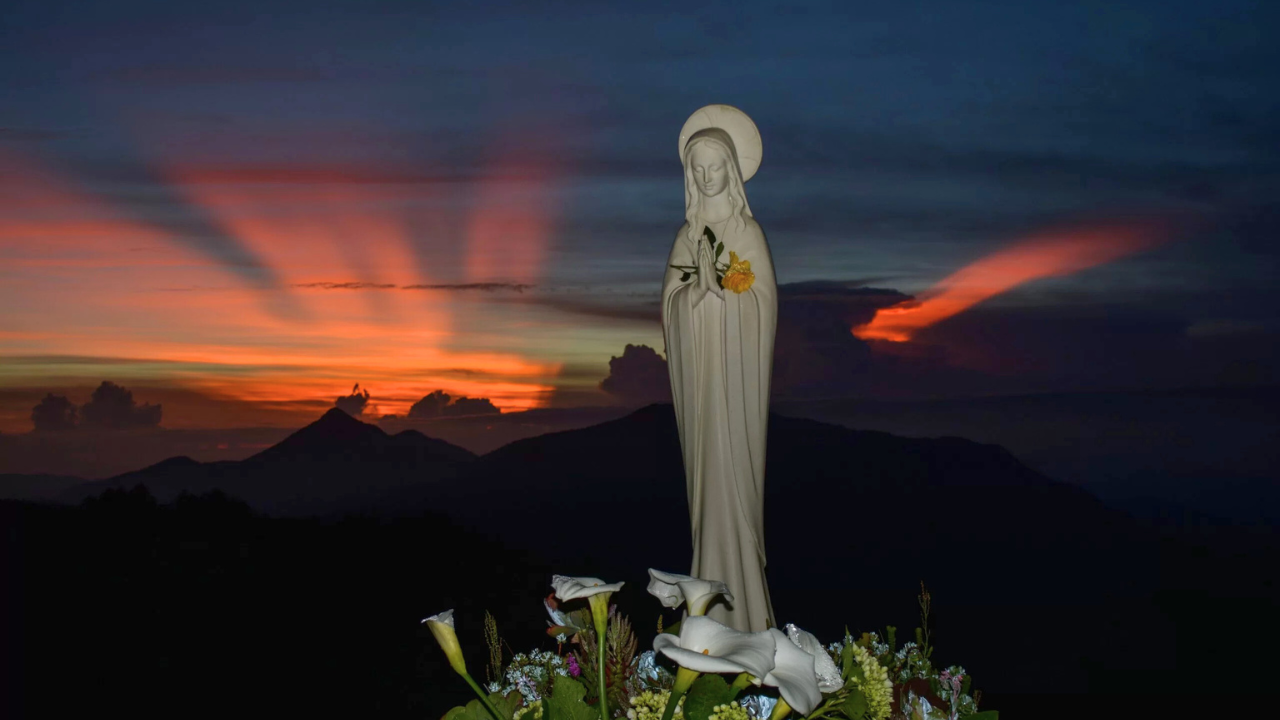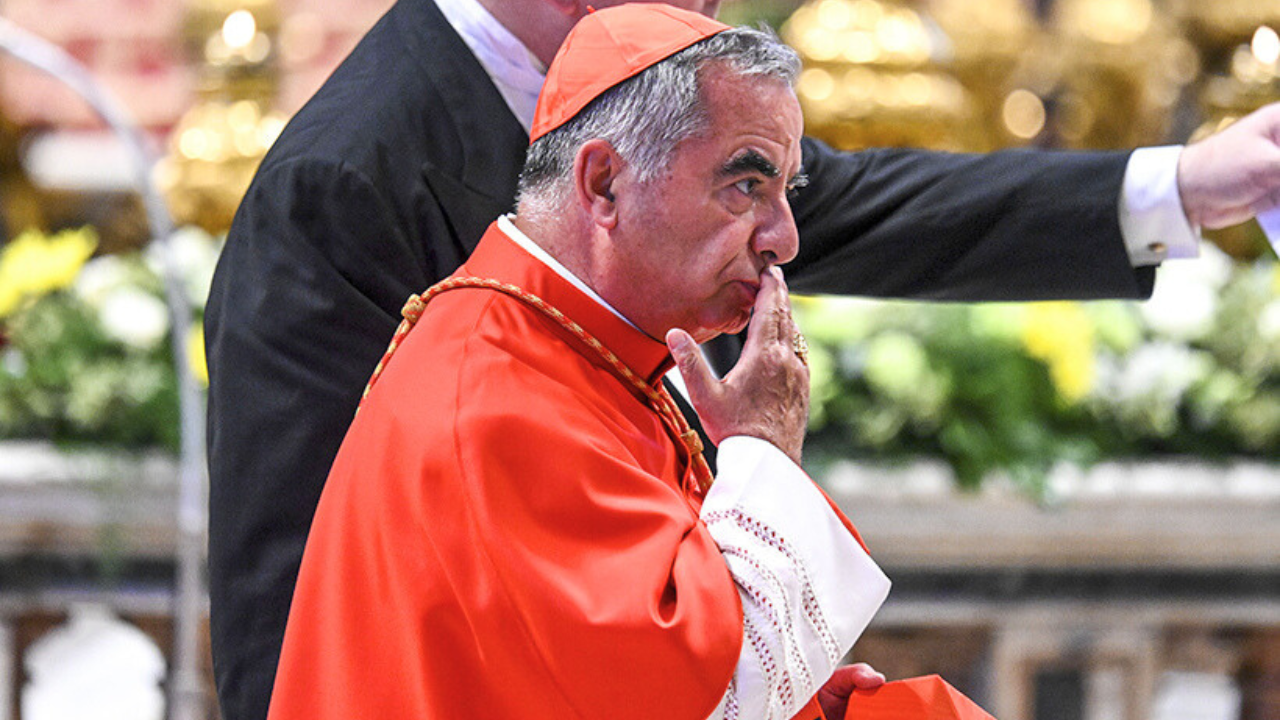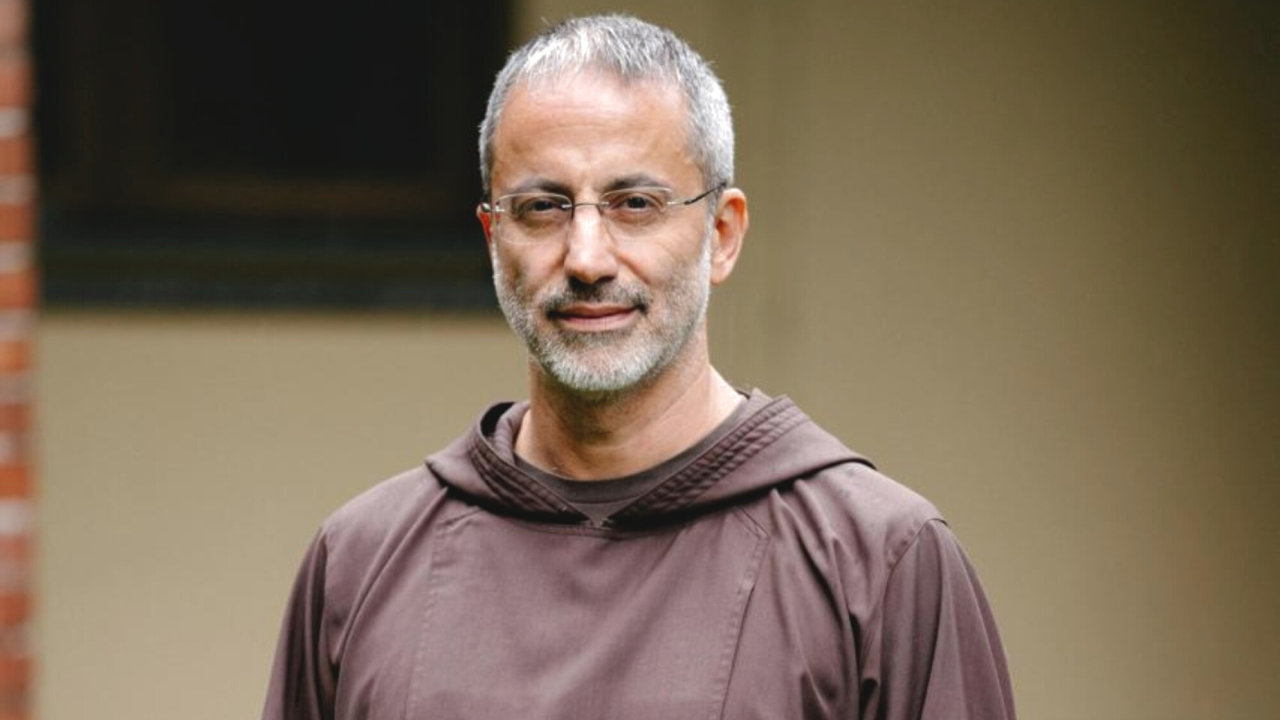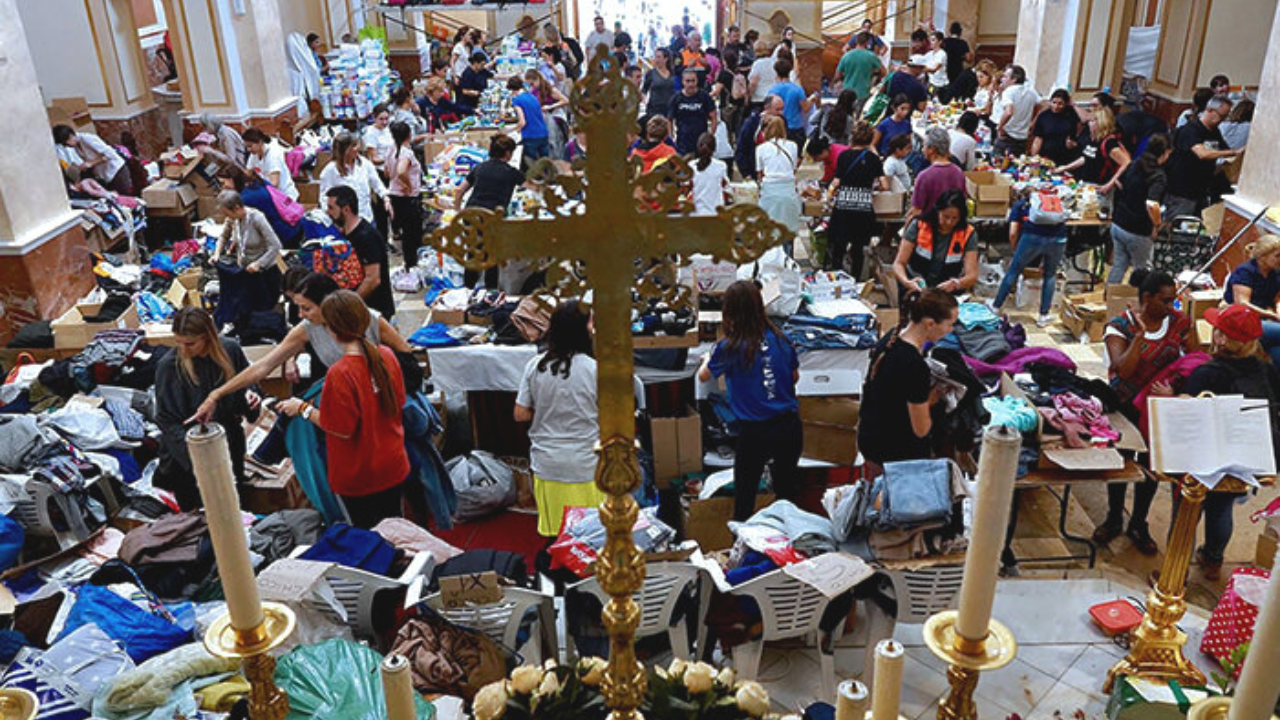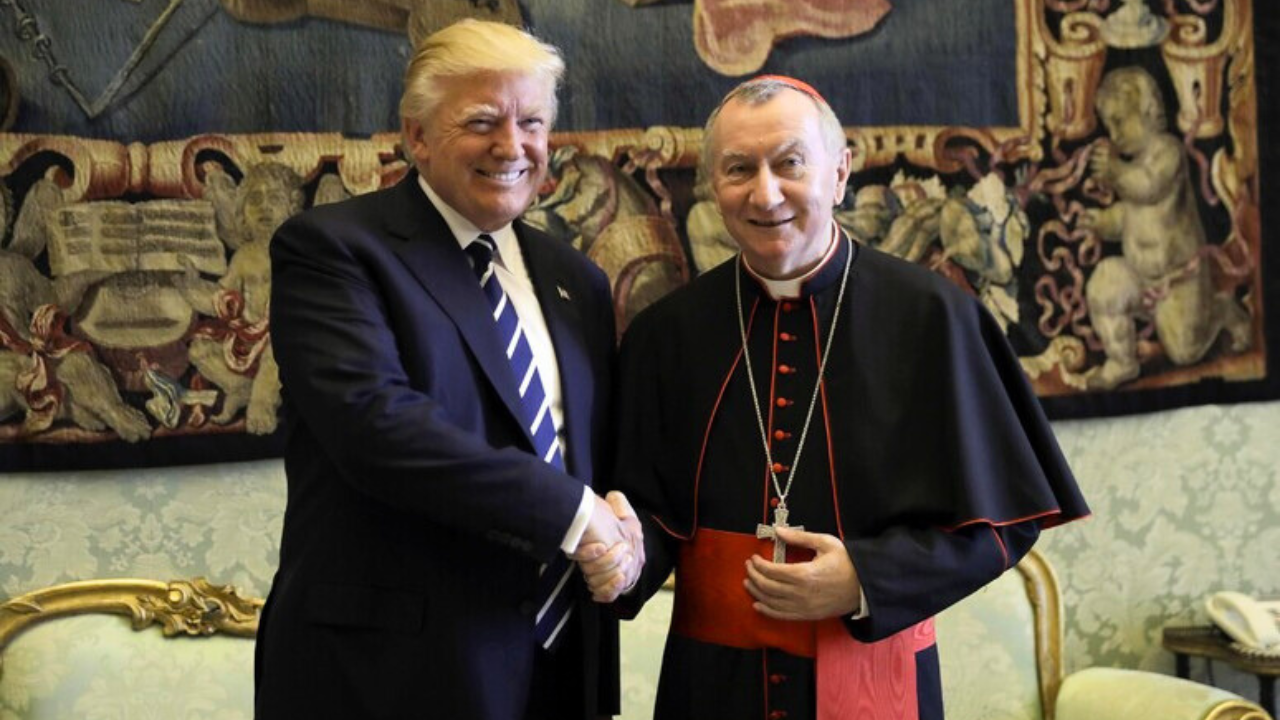Martín Lasarte was a Salesian missionary in Angola, where at the beginning of the year 2000, a civil war lasting nearly 30 years finally came to an end. The conflict may have ended, but some of the roads were still riddled with active mines that required time and money to remove.
MARTÍN LASARTE
Provincial of the Salesians in Angola
“Setting a mine costs six dollars. Removing it costs 5,000. A director of one of the missions, traveling with his catechists, hit a mine, and his Jeep flew through the air. He had to undergo hours of surgery to save his life.”
The missionary recalls how he had to pass through minefields to see to the 90,000 square kilometers his spread-out parish inhabited.
MARTÍN LASARTE
Provincial of the Salesians in Angola
“I had a human GPS. His name was Lino, a former military man from the guerrilla. He would say to me, 'Father, you shouldn't take that route because we set mines here six years ago.'”
Martín Lasarte explains that the communities he served are radically different from those in Europe or America. He says people have a profound sense of religion, and community and family are highly valued. This facilitates new vocations.
In fact, he notes that if each year, the Salesians send between 20 and 40 missionaries, only three or four are European or American. The rest are African or Asian.
MARTÍN LASARTE
Provincial of the Salesians in Angola
“There is a profoundly religious cultural context. In the last 15 years, we've sent 150 missionaries from Vietnam to different parts of the world: the Amazon, Africa, Europe, the United States. It's very interesting to see how missionary dynamics evolve throughout history. I think it's an important sign of the times.”
Martín Lasarte will now return to Angola as the provincial of the Salesians. While the pandemic situation prevents him from entering the country, he will be working on another of the great challenges of the mission in Africa: providing seminarians with a solid formation. This is the great paradox of vocations: There is an abundance of resources where there are few seminarians, and a lack of them where seminarians are many.
Javier Romero
Translation: Claudia Torres

